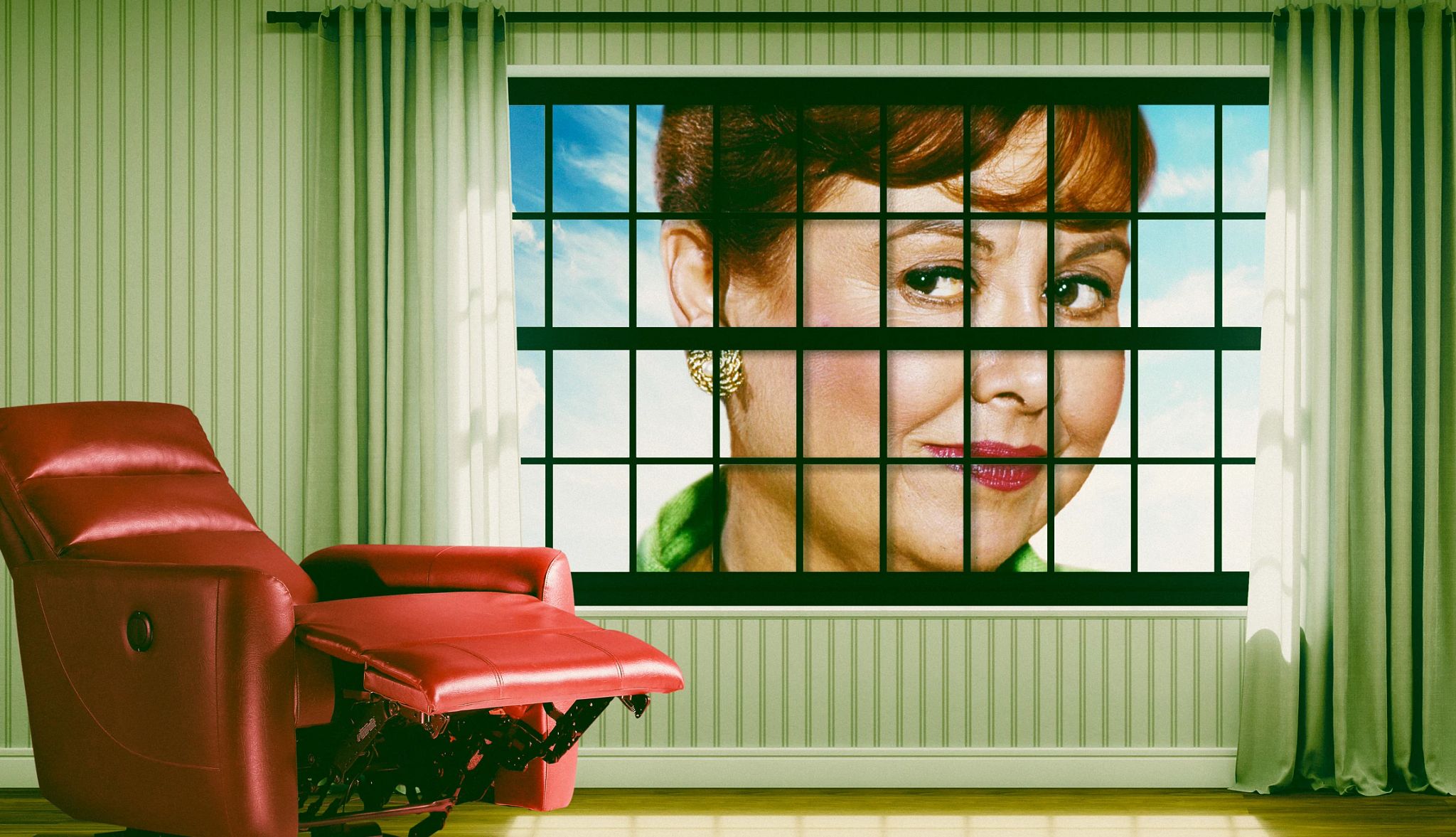AARP Hearing Center


Anyone of a certain age remembers the character Gladys Kravitz on Bewitched. She was constantly peering out the window, watching the comings and goings of her neighbors. She knew all the gossip, and she had her opinions.
Though every community probably has some version of Mrs. Kravitz, most of us can brush off the behavior, chalk it up to someone who has nothing better to do. But when it comes to caregiving, an outsider who thinks they “know better” or even a family member with a pointed opinion, can get under anyone’s skin.
Amy Goyer, AARP’s family and caregiving expert, moderates the private AARP Family Caregivers Discussion Group on Facebook. She says nosy neighbors and unhelpful family members are a common topic among the 18,000 members of the group.
“Stressed out caregivers can become extremely frustrated as they struggle to do their best for their loved ones,” Goyer says. “When someone who doesn’t understand the situation offers unsolicited advice or criticism, it can really trigger caregivers, leading to exchanges that are often regretted later. It’s critical that caregivers learn how to manage these folks to maintain their own equilibrium.”
People, especially those who have traveled down the caregiving road, will often be free with their opinions, thinking they know best regarding a loved one’s safety or making remarks about behavior, diet and what they perceive as the “right” kind of care. For a caregiver who is doing everything they can to provide aid, in addition to managing their own life, this can be maddening.
Jennifer Antkowiak, 55, is the founder of Take Care Tips, a comprehensive resource for all types of caregivers. She hosts a podcast and is a regular speaker at workshops and conferences, offering strategies for self-care and stress relief. A former TV anchor at KDKA-TV in Pittsburgh, she was thrust into the world of caregiving as a full-time working mom of five, when her mother-in-law and then her father-in-law became ill.
“There are so many things going on with caregivers, and stress is always a factor,” Antkowiak says. “Well-meaning people may come off as overstepping their boundaries. The first thing I tell caregivers is to first, pause, take a breath, and do an audit of their emotions to examine where they are coming from. Caregiving puts us all at a heightened level of sensitivity. Some describe it as feeling like they’re on a hair trigger. Having that awareness is an important step in deciding how you will tackle the situation.”

































































More From AARP
How Caregiving Can Alter Dreams and Goals
Post-caregiving life may be different than you imagined — in a good wayHow to Cope With Fear During Caregiving
Learn techniques to help pause spiraling thoughts and regain a sense of controlHow to Be an Effective Advocate for Aging Parents
6 skills that will help you understand your parents' wishes